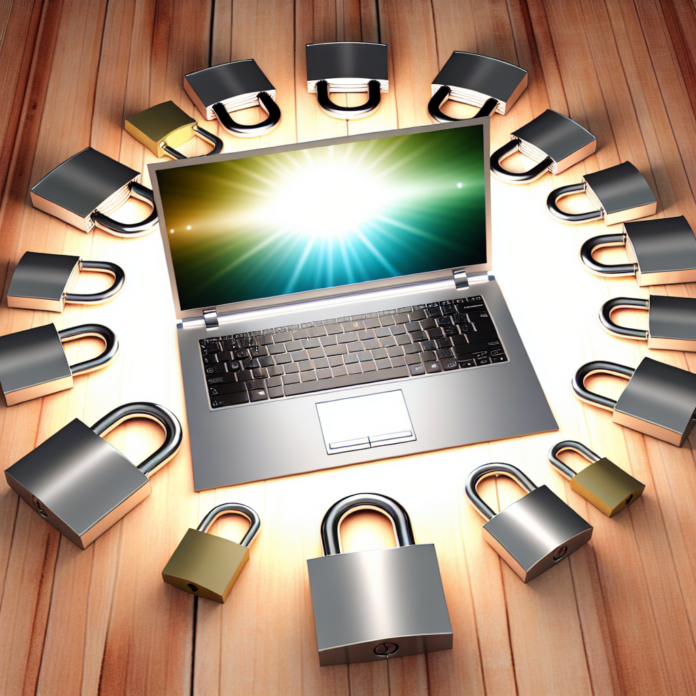Assist in maintaining connectivity and security for employees from any location. Safeguard your business from DDoS attacks on external services to ensure seamless operations. Access AT&T Cybersecurity Training Portal (ACT) for resources. Resolve DDoS attacks with Prolexic DDoS Cybersecurity Services. Recognized as the 2024 Company of the Year in the Global Managed SASE Service Industry. Explore the impact of Rationality, Deterrence Theory, and Indeterminism on cybercrime. Implement Zero Trust Security for enhanced protection. Gain comprehensive visibility and control over security measures. Learn why mid-market organizations are focusing on incident readiness and response in the face of regulatory scrutiny. Access various product, security, and customer resources. Educate employees on cybersecurity best practices, including guidelines for Bring Your Own Device policies. Note that the views expressed in this post are solely those of the author, and AT&T does not endorse or adopt them.
As remote and flexible work options become more common, Bring Your Own Device (BYOD) programs are also on the rise. These programs allow employees to use their own personal devices for work, which can help reduce hardware costs. According to a survey by Crowd Research Partners, BYOD can also increase employee satisfaction by 56% and productivity by 55%. However, businesses are still concerned about cybersecurity risks associated with BYOD. Many worry about data leakage or loss (72%) and the potential for malware on personal devices (52%). By implementing a strong BYOD policy and educating employees on cybersecurity best practices, companies can enjoy the benefits of BYOD without compromising their assets and data security.
Establish an Official BYOD Policy
Just like how your company has guidelines for the use of company-owned devices, it is equally important to have similar guidelines for personal devices. Your BYOD policy should outline clear rules and instructions for employees on how to safely use their personal devices at work without risking cybersecurity. This policy should address:
Remember to add a signature section for employees to sign, showing their agreement with your BYOD policies. It is recommended to introduce the policy during the onboarding process for new employees or during the network registration for existing employees using their personal devices. It is important to set clear expectations and educate employees to ensure the protection of company data and employee privacy.
When creating a training program for employees who bring their own devices (BYOD), it’s important to not underestimate the importance of basic device security. Personal devices are often less secure than company-owned devices, which makes them more vulnerable to data breaches, viruses, and being lost or stolen. Providing thorough user education that covers the fundamentals is essential in reducing these risks.
It is important for employees to be aware that they should not allow their devices to automatically connect to public networks. If there are rare instances where employees need to access company data on an open network, they should use a virtual private network (VPN) for added security. VPNs encrypt data and conceal web activity, providing an extra level of protection when using wifi networks. Surprisingly, 22% of businesses have reported that their employees have connected to harmful wifi networks on their personal devices within the last year. While it may be common for people to connect to public wifi networks, they are often not secure and can be susceptible to attacks, malware, and data breaches. It is crucial for employees to be educated on these risks and how to minimize them.
Frequent Software Updates
It is important to remind your employees about the importance of regularly updating their operating system to close any security loopholes. The majority of cyberattacks target vulnerabilities that have not been patched. It is essential to download and install software updates as soon as they become available from the manufacturer. The same applies to apps, which should be updated regularly to address any vulnerabilities that could be exploited by cybercriminals. Additionally, stress the importance of only using authorized apps for work tasks, as unauthorized apps pose a higher risk of data breaches and privacy violations.
Ensuring that users are well-informed is crucial for a successful BYOD policy. By clearly explaining the rules and guidelines of your BYOD policy to employees and teaching them about the best ways to stay safe online, you can benefit from the flexibility of BYOD without compromising the security of your company’s data.

